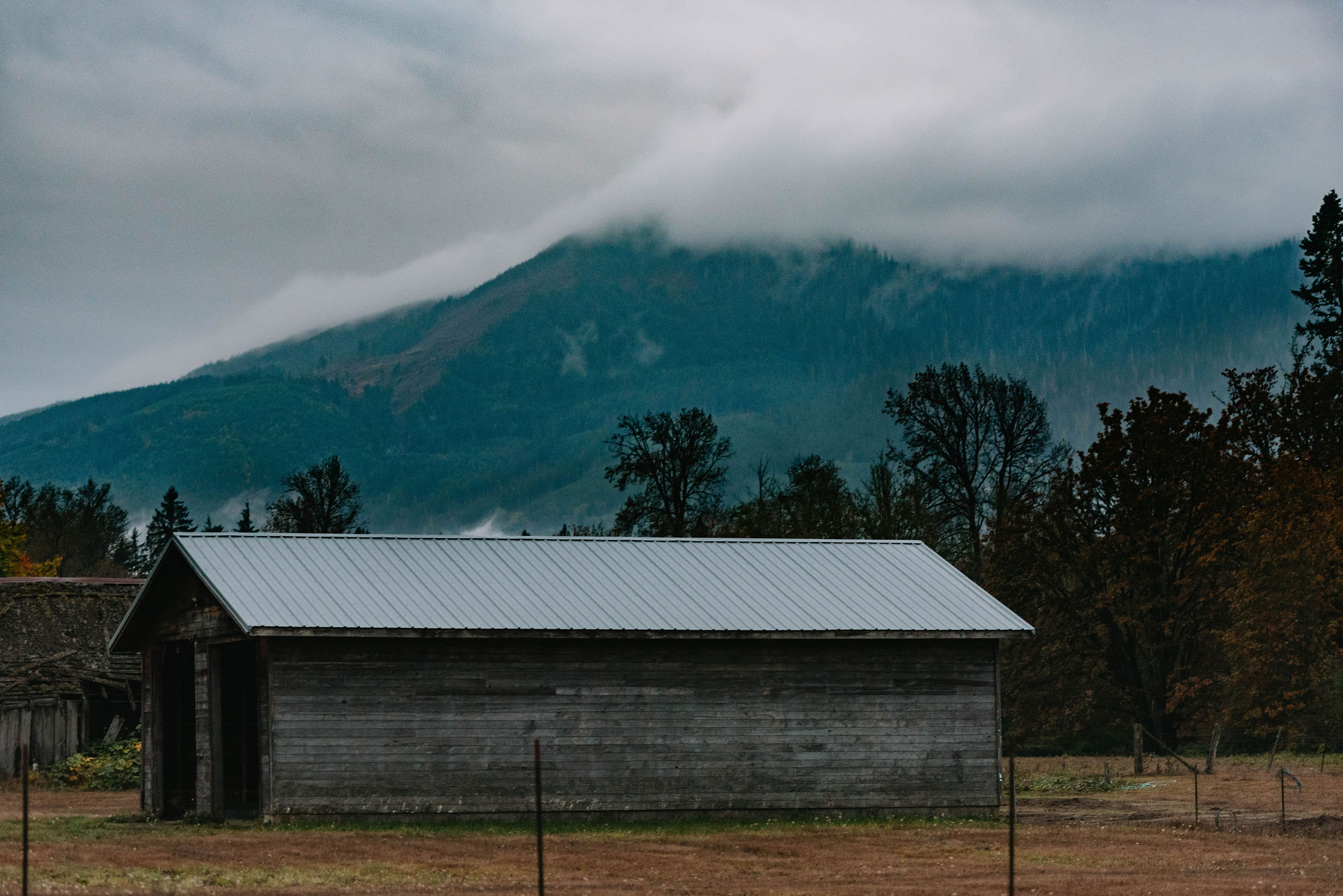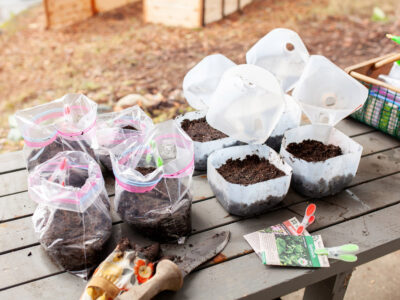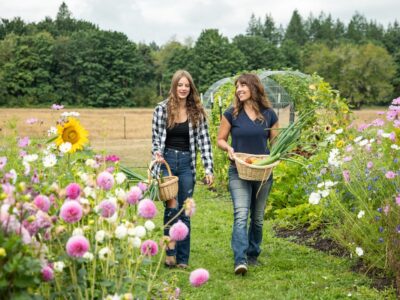In this podcast, we’re discussing the hidden layers of homestead security and why community may be your best defense. When we talk about defense, many people think about locks, cameras, etc. But what if your greatest security wasn’t a thing but a who?
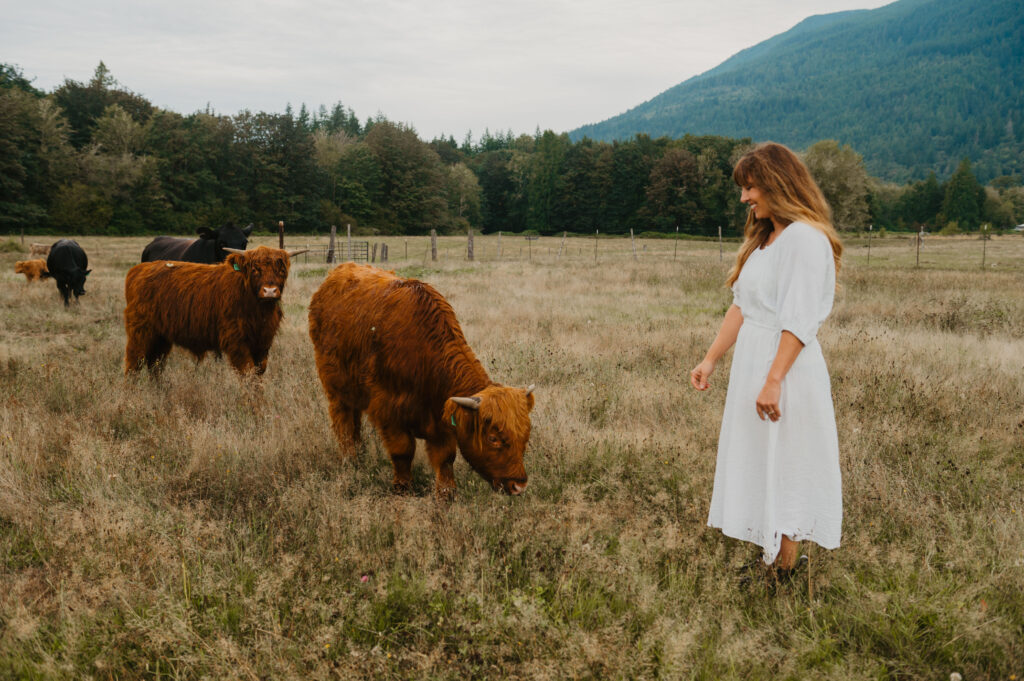
Today’s podcast guest is Tim Eng, a former army engineer (turned homesteader) who’s revealing a completely different way to think about protecting your land and your loved ones.
We will explore how community networks (and community sufficiency) can become your strongest layer of defense, the unexpected way that terrain or permaculture can work for or against you, and the most common mistakes homesteaders make regarding safety.
This conversation will open your eyes to the vulnerabilities you didn’t know you had and the simple (and often free) steps you can take to fix them. If you’ve ever wondered how to secure your homestead without building walls around it, then this episode is for you.
You can check out some of the other posts and podcasts I’ve done on homesteading, including these homesteading myths and tips for success, homesteading with children (and homesteading with special needs children), the essential homestead skills you need, how to buy a homstead, time management skills for the homestead and whether or not homesteading really saves you money.
Table of Contents[Hide][Show]
- About Tim Eng
- What Does SAFE Stand For?
- Situational Awareness
- Access Control
- Fortification
- Emergency Preparedness
- Home Security vs Homestead Security
- Cost-Effective Security Measures
- Why Community Matters for Homestead Security
- Creating Security with Natural Elements
- Where to Learn More
- More Posts You May Enjoy
About Tim Eng
Tim Eng is a West Point graduate and former Army Combat Engineer who deployed to Iraq, where he advised on critical infrastructure and fortification projects.
His distinguished career continued as a project manager for the Department of Homeland Security, Defense Threat Reduction Agency, and Department of Defense.
Already a top-performing real estate agent in California, specializing in helping fellow Veterans achieve the American Dream, Tim found healing from PTSD through farming. This transformative experience led him to develop the SAFE Method: a practical, field-tested approach to homestead security rooted in military strategy and tailored for modern rural living.
Known as The Homesteading Agent, Tim combines his military precision and security background with real estate expertise to guide families from city life to self-sufficient countryside living.
From his 40-acre homestead in East Tennessee, Tim leads a national network of rural-focused agents while providing exclusive consulting in permaculture and regenerative agriculture for his clients.
Co-host of the Call to Farms podcast with his wife Sophia and forthcoming author of “FM 5-21: Fortify the Farm,” Tim now serves as project manager for me, Melissa K. Norris, helping amplify my brand to reach modern homesteaders while inspiring others to find healing and achieve their own American Dream through the homesteading lifestyle.
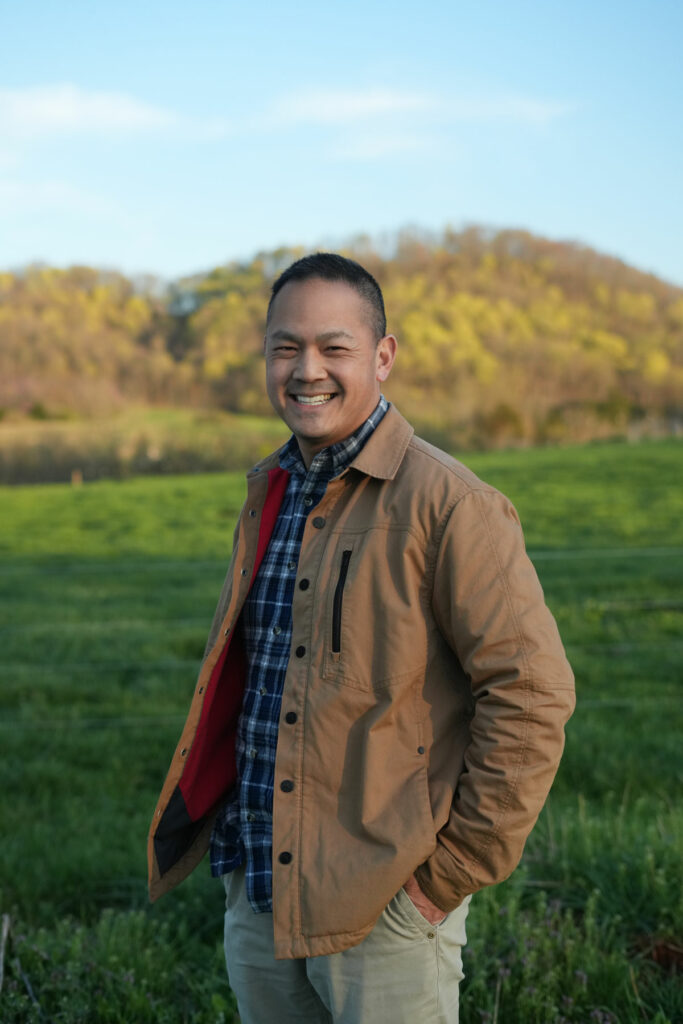
What Does SAFE Stand For?
I asked Tim, for someone new to homesteading, what are the most basic security measures they should consider? Tim has come up with an easy-to-remember acronym for how to protect your homestead and that’s SAFE.
- S = Situational Awareness
- A = Access Control
- F = Fortification
- E = Emergency Preparedness
Situational Awareness
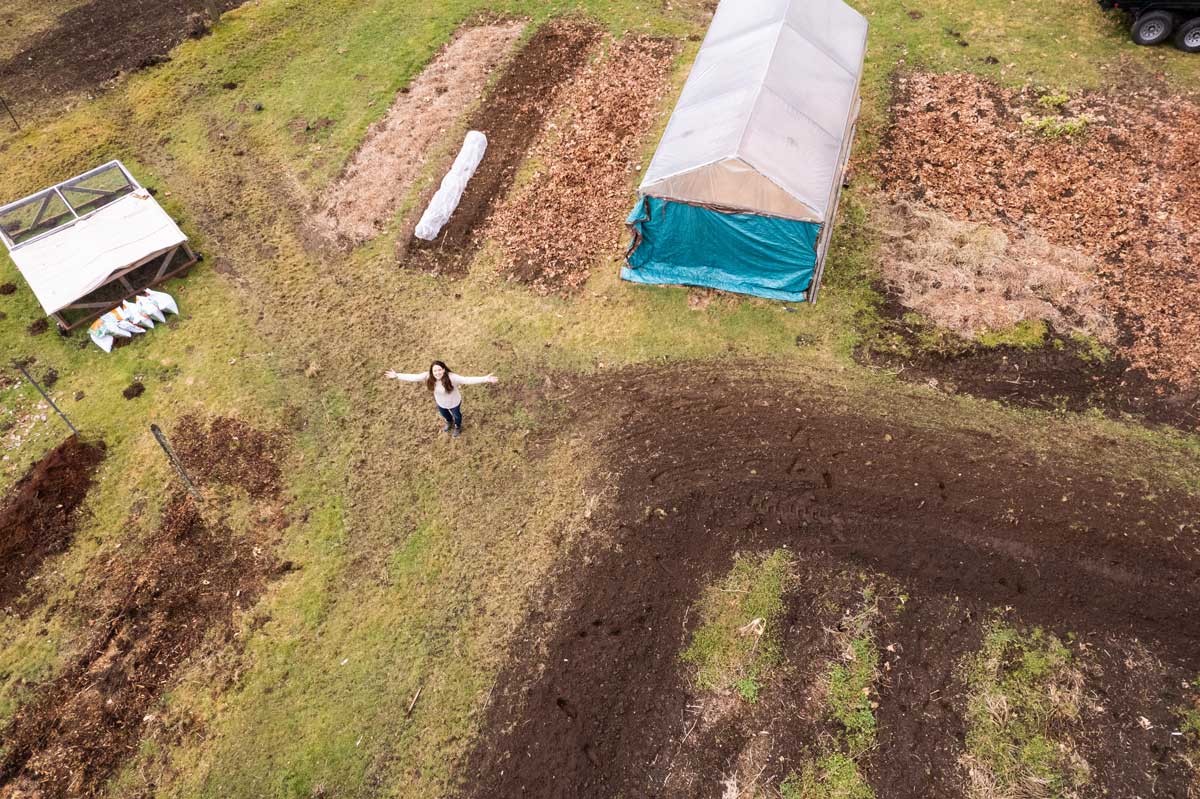
The first thing to consider is your situational awareness. When purchasing a new homestead, you want to know who the neighbors are, where your house (or potential house site) will be located, any roads nearby, etc.
Getting to know the area and asking locals is a great way to learn more about your potential new homestead.
Tim calls this doing recon, by taking a vacation to the area you want to move to. Visit the local coffee shops, chat with people who live there, etc. This also gives you a better idea of what living there, day in and day out, looks like.
You don’t want to move into an area only to find out you can’t deal with the fact that the closest Costco is an hour and a half away.
Access Control
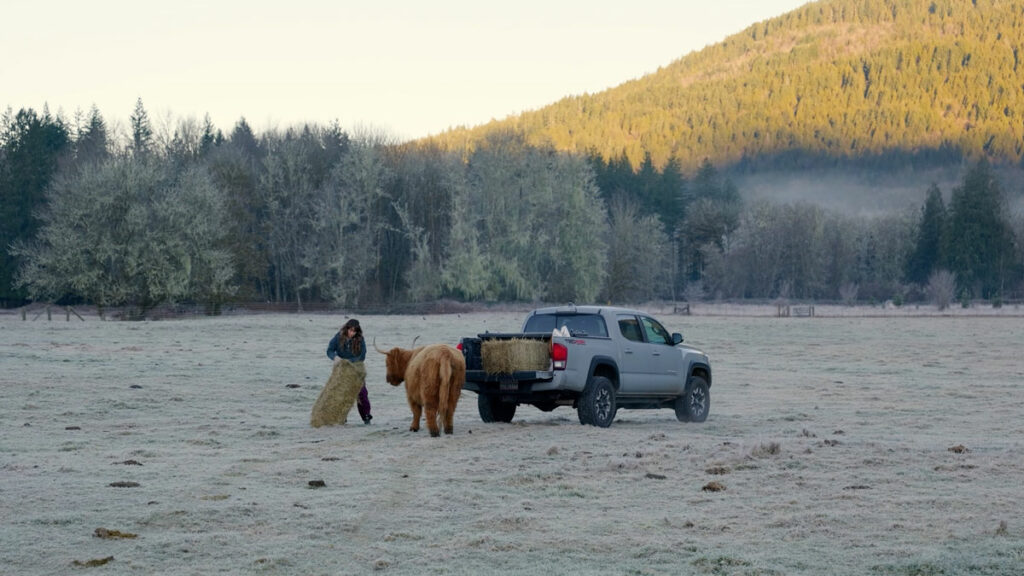
Animals and humans are creatures of habit and like to enter a property with the least resistance possible. Walk the perimeter of your property and find the access points or the access controls.
This is also an area where you want to consider how much you’re showing those around you about what you’re doing on your homestead. Tim said, instead of growing a garden right by the road, use permaculture practices of planting trees as a border.
On our property, we have roses that grow up like a natural fence. They produce big, beautiful roses and good-sized rosehips for medicinal purposes. Not only that, but it acts almost like a barbed wire fence!
This takes planting a “border” or a “fence” one step further by stacking functions. Instead of a row of trees that don’t produce, those trees could be fruit trees that will provide food for your family.
The bottom line is that you don’t need to advertise or broadcast everything you’re doing on your homestead. While many of us are proud of our gardens, backyard chickens, beef cattle and dairy cows, it’s wise to maintain a level of privacy, too.
If you have livestock, it’s important to keep animals in while keeping predators out. Tim mentions that he uses a lot of high-tensile electric fencing.
Fortification
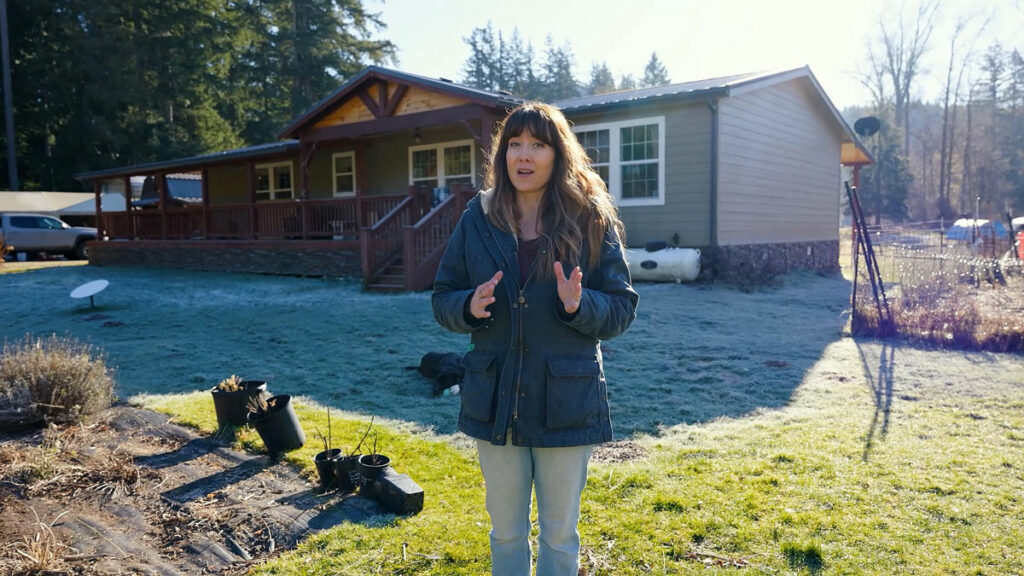
The actual home itself is your fortification. You want to be sure this is providing a hybrid of technology with cameras, lights (spotlights that come on with motion detection, not lights that stay on all the time, as this draws attention).
Organization in the home also counts as fortification. If your house isn’t in order, you may not be able to find the flashlights, batteries, guns or ammo when an emergency situation happens.
Emergency Preparedness
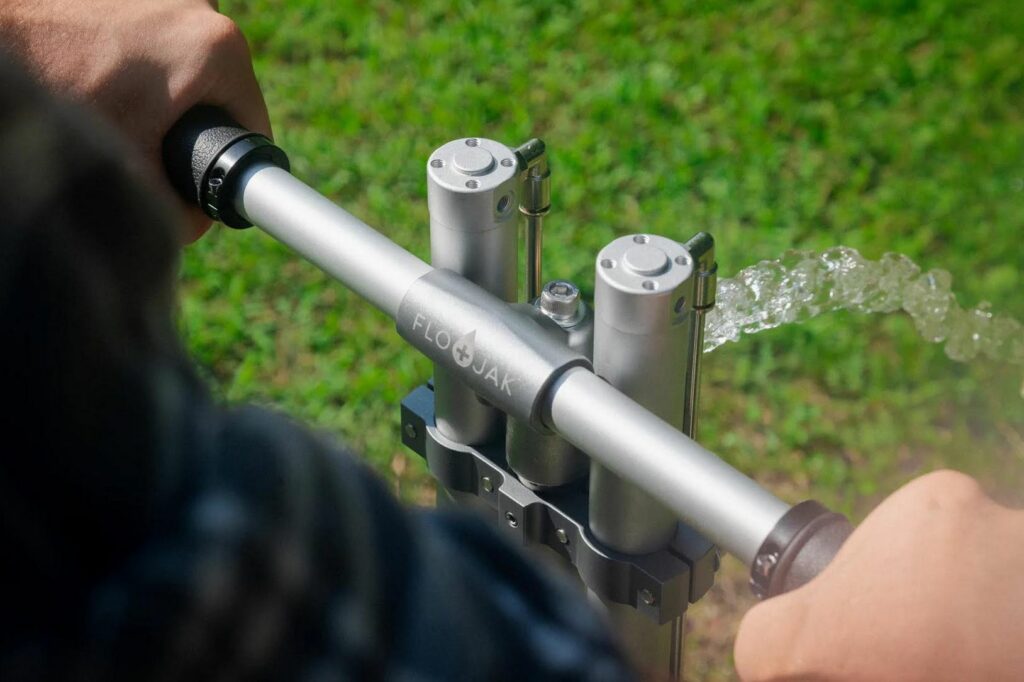
In the military, Tim learned that redundancy is extremely important. He said he learned the term, “two is one and one is none.” He translates this into emergency preparedness by thinking about necessities for life.
- Water – Do you have enough water for your family and your livestock for multiple weeks? If your well runs on electricity, how will you get water for your family and for your animals? Learn more about hand water well pumps here.
- Power – If power goes out, how will you cook your meals, get your water and power your home? If you have a generator, do you have enough fuel stored up to run it for multiple days/weeks? Do you have a backup for your generator if something goes wrong when you need it? If you have solar power, do you have enough power stored up for multiple days? Learn more about how to use a generator during a power outage here.
- Heat – If power goes out in the winter, do you have a secondary heat source if the power goes out?
These are just a few of the main areas to think about emergency preparedness. For more information, check out these must-know emergency preparedness tips.
Home Security vs Homestead Security
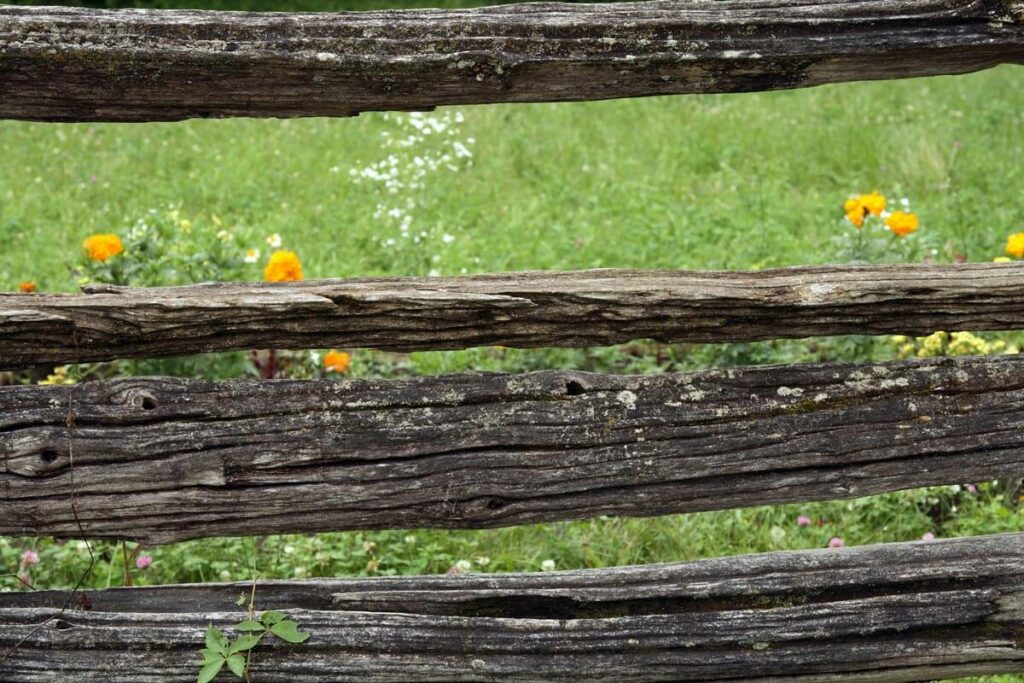
When living in the city, home or emergency preparedness would look like stocking up on canned food and toilet paper. However, homestead security looks like having a depth of defense.
Locks and security cameras are great, but having fences to keep animals in. There’s a reason why they say, “Good fences make good neighbors.” While you don’t want your animals getting out on a regular basis, it’s also great to get to know your neighbors, so if animals do get out (which is likely to happen at one point or another), they will be more than willing to lend a helping hand.
Cost-Effective Security Measures
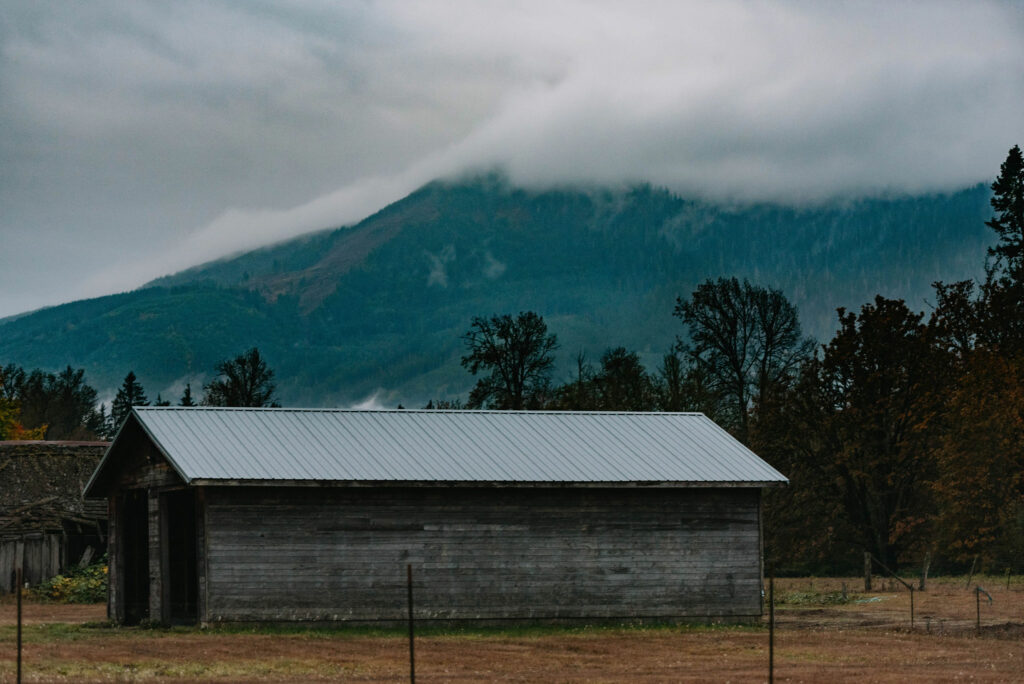
When purchasing a new homestead (or even raw land), I asked Tim if he had any recommendations on cost-effective security measures. Tim said it starts with when you’re purchasing the property.
Tim looks beyond the home to the outbuildings, existing fencing, etc. These things will save you a lot of money on initial investment.
Bartering is also a great way to save money. Tim highly recommends bartering skillsets. He jokingly said no one in a rural setting cares about his LinkedIn profile; they care about what he brings to the community.
Why Community Matters for Homestead Security
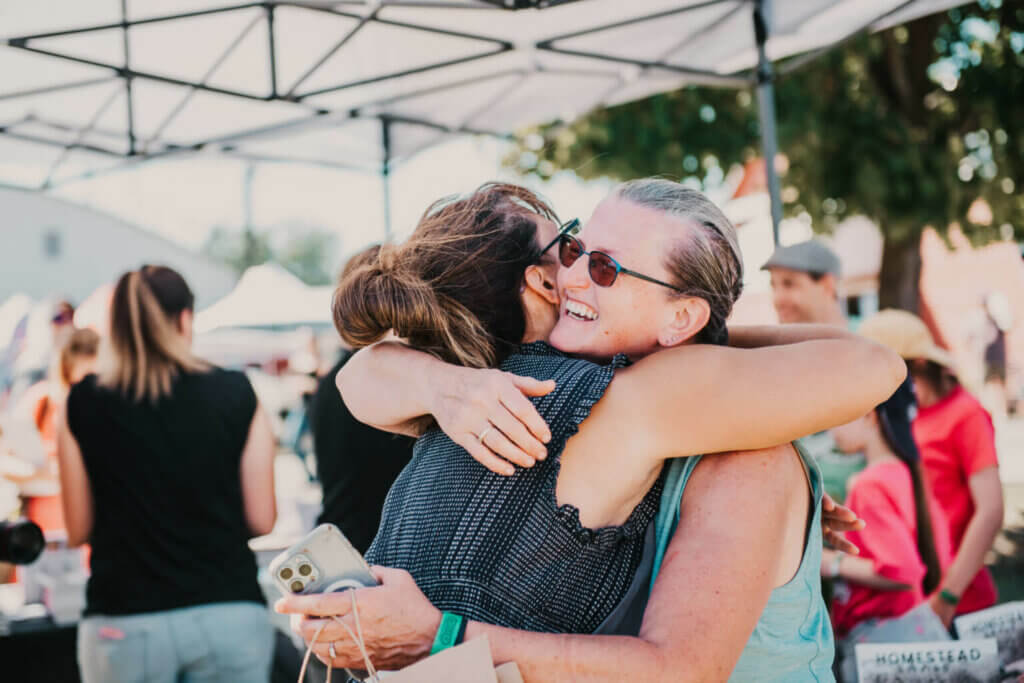
Many of us have that urge to own land, but not all of us have taken the leap. Some people think they will just secure some property, such as a bug-out property where they can go if things hit the fan, but what they fail to realize is that no one will be there to help them if they haven’t established themselves in the community and built trust.
When you immerse yourself in the community and bring more to the table than you take, this is how you build a strong community that will step up in times of need.
Creating Security with Natural Elements
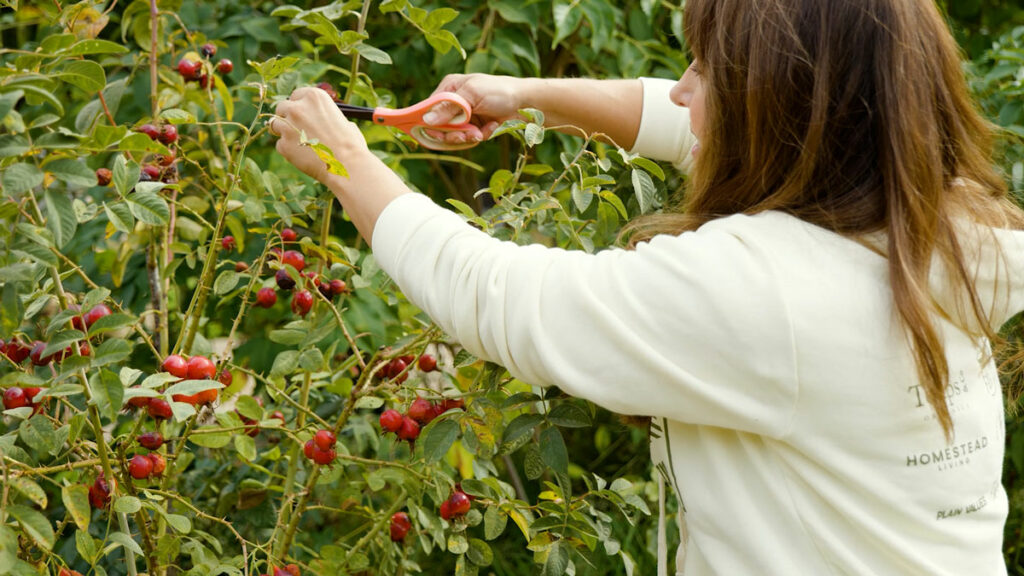
Evaluating a homestead property for the natural elements is important. A lot of this research can be done online with Google Maps and some other tools, but much of this needs to be done with boots on the ground.
Look at what’s already existing on the land, how it will work for you and how you can enhance it.
One of the most common mistakes is people rushing to develop the land. Sitting back and planning out the permaculture properly can save you years in terms of developing a homestead.
Where to Learn More
If you’re interested in learning more about homestead security and how to implement the SAFE method Tim teaches, visit his website, The Homesteading Agent. You can book a call with Tim on his website, or follow him on Facebook and Instagram.
